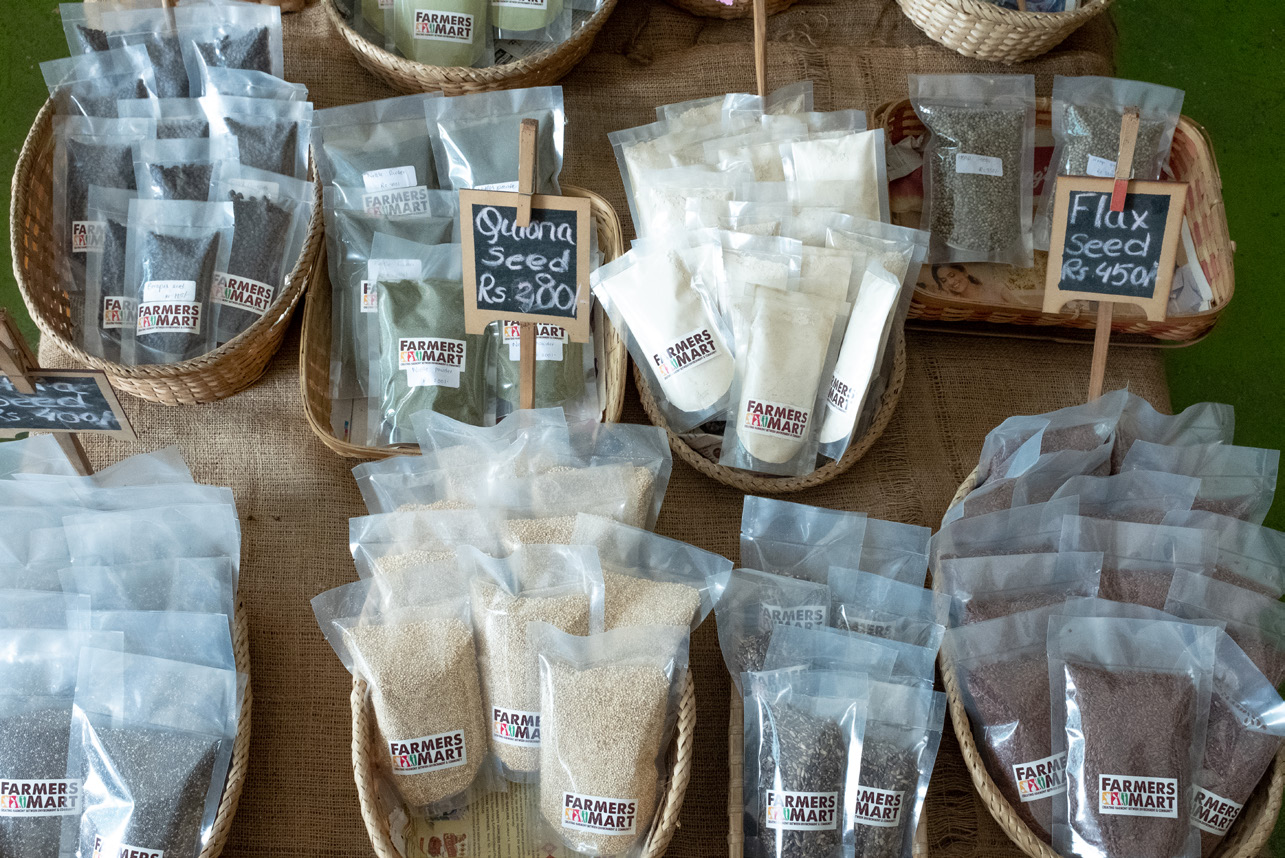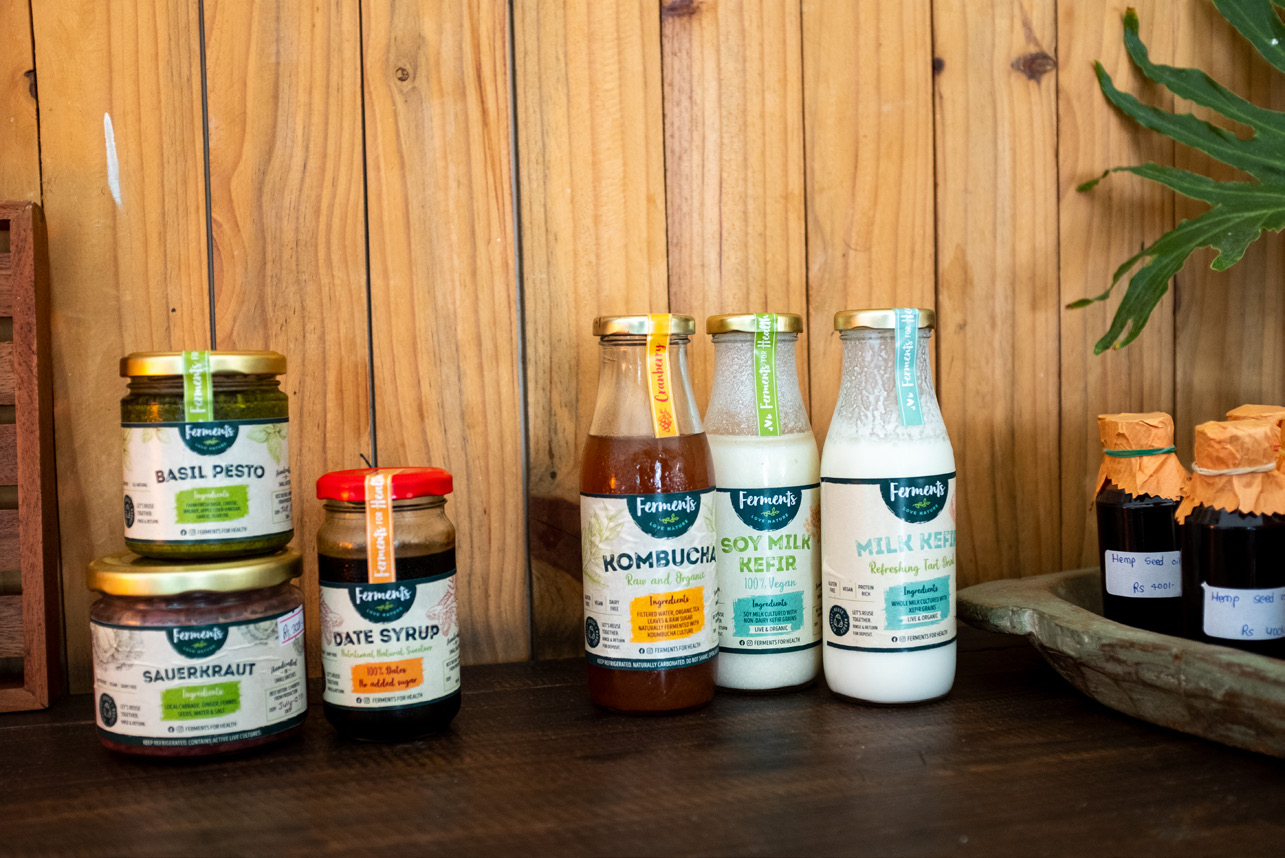If there is one lesson Covid-19 has taught us, besides the obvious importance of hygiene, it’s the need to prevent an illness rather than seek its cure. Many of us had been trying to do that in the pre-Covid era too. It’s just that we now do it more fervently than ever before.
Our little health rituals—turmeric latte, apple cider vinegar, variety of herbal teas, to name a few—have thus remained intact even as life otherwise has switched hemispheres. Perhaps, they give us the confidence to strut on the streets, albeit swathed in masks and scarves, unrecognizable to even our closest friends and relatives. Fingers crossed, that regular cup of ginger lemon tea or tulsi infused water will prove to be our guardian angel.
We might have broken up with ibuprofen and revamped our relationship with the peppy, yellow turmeric but have we gotten it right? Are our health rituals actually benefiting us?

Dibya Karki, program development manager at CECI Nepal, has been having ‘besar paani’ since before Covid-19 made it popular. She finds it helps keep her allergies in check. She brews her magic concoction of ginger, garlic, turmeric, and black pepper every morning, adds a dash of pink salt (because it’s considered a healthier alternative to table salt) and enjoys what’s touted to be an immunity boosting drink.
“I still have to take allergy medications but the instances have reduced,” says Karki, who also has apple cider vinegar in warm water for acidity, but also because she has heard it aids weight loss.
Likewise, Srishti Rana, communication and partnership specialist for Hamro Samman at Winrock International, says drinking home-brewed Kombucha is a ritual that has helped soothe her digestive system, while for Stuti Basnyet, deputy team leader at UKaid Skills for Employment Programme, herbal teas are a staple.
“I follow many wellness gurus and platforms primarily on Instagram and make choices based on what I see and hear, and also based on what’s available locally,” says Basnyet.
Barsha Thakali, CEO of The Event House and model, vouches for the power of white tea—four cups a day—to calm your nerves.
Rituals like these are aplenty, even more so in the wake of the pandemic when upping your immunity is the need of the hour.
Is it for you?
Ankit Agrawal, proprietor of Naturo Earth, a brand that promotes natural and organic living, says it’s incredible that more and more people are “going back to the basics”, i.e. using herbs and plants for healing and wellness. But what needs to be kept in mind is that not everything is for everybody.
Naturo Earth, as a brand, tries to create that awareness through their content on social media and interacting with their customers.
“The idea is to pass on enough information for the customers to make the right choices,” says Agrawal.
At Suiro Teas, producer of handcrafted tea blends, customers are sent an animated video on how to brew the perfect cup of tea. According to Shrisha Pradhanga, founder of Suiro Teas, the concept of using herbs to cure different ailments is nothing new, but everything has to be taken in moderation, keeping the contraindications in mind.
“Our tea blends—both the Beauty Blend and the Clarity Tea—are packaged to be just enough for 30 cups,” says Pradhanga, explaining that herbs have to be taken slowly and their effects will be seen over time. They’re not a quick fix as many would like them to be.
“You shouldn’t have four cups of our teas in a day and expect instant results. Rather, you could have one cup a day for a month and see whether or not it’s helping you,” she adds.
Mona Thapa, co-owner of Farmer’s Mart in Jhamsikhel, Lalitpur, and proprietor of Ferments that produces Kombucha, Kefir, Sauerkraut, and other fermented foods, agrees that everything, no matter how good it is, has to be tested out first.
“Figuring out what works for your body is the key to good health and wellness through natural remedies,” says Thapa. She mentions that your body will respond differently than, say, your friend’s, which is why going by someone else’s experience isn’t ideal.
“If your friend has lost weight because of having apple cider vinegar, it doesn’t mean you will too,” she says.
Try it out for a week
Priyanka Sainju, consultant dietician at B&B Hospital in Gwarko, Lalitpur, and at Vatsalya Natural IVF in Naxal, Kathmandu echoes Thapa’s views. There is no one rule that fits all where diets and supplements are concerned. To get the optimum benefit, many factors like your food habits, allergies, lifestyle, work, and health issues need to be taken into consideration.
“Your body’s response to a certain regime or consumption of certain things will depend on all these things,” she says.
According to Sainju, when you start having something because you think it’s good for you, it’s best to try it out for a week and see how your body reacts to it.
“Even where natural supplements are concerned, there are proper ways to go about it. What you put into your system and when and how you do it matters,” she says.

People are largely influenced by YouTube videos, Instagram, and online content, much of which only circle around the benefits of diets and supplements. Social media is people’s go-to source for information on adopting healthier habits.
“It’s good to see people becoming more health conscious and focusing on prevention rather than cure with herbal remedies, but there are correct and incorrect ways to do that,” says Dr Ruby Bajracharya, dietician, ayurvedic doctor, and founder of Lotus Ayurdeva.
“For example, many people have turmeric and black pepper with warm water these days. These warming spices are good for respiratory concerns but if you have piles or bleeding issues like ulcers then, it’s best not to consume them,” explains Dr Bajracharya.
Dr Bajracharya says everything has its pros and cons and the right thing to do would be to consult an expert who can customize a plan for you rather than relying on incomplete, off-the-web information.
“There is only so much research you can do online, no matter how detailed you try to be,” she says, adding that you don’t want to waste your time and energy on something that isn’t effective or, worse, will aggravate existing health issues.
“Natural remedies are definitely loaded with goodness but you have to first figure out whether or not they’re going to be beneficial for you. You shouldn’t base these vital decisions on what you’ve read or heard,” concludes Dr Bajracharya.


